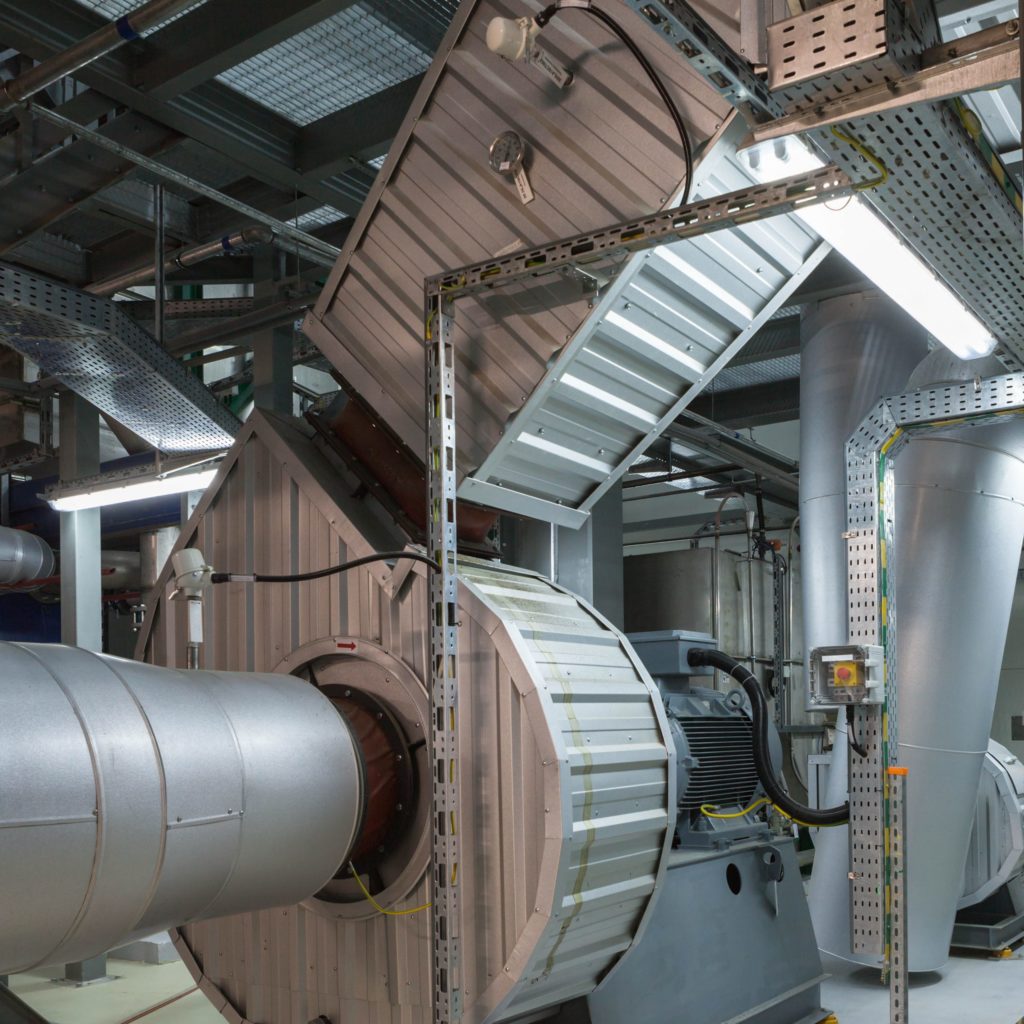The project provides electricity and steam to the steel blast furnaces. The project is designed to be reliable and can be available up to 24 hours a day. Primary Energy is a 298MW portfolio comprising energy recycling projects, natural gas-fired CHP projects and a 50% interest in an industrial process that pulverises coal. The portfolio has a combined nameplate electrical generating capacity of ~300 MW and a combined steam generating capacity of ~2,200 Mlb/h.
SEEIT acquired a 50% interest in Primary Energy. Operations and maintenance on the portfolio will continue to be carried out in-house by Primary Energy, as well as in partnership with the off-takers. Primary Energy also benefits from a project development pipeline involving recycled energy and energy efficiency projects with industrial clients, in which SEEIT may have the opportunity to participate.
Primary Energy generates low-cost, more efficient energy for the hosts compared to alternative energy sources and is inextricably integrated into the host facilities, including being the sole source for fuel handling and emissions control equipment that are critical for the operations of the hosts. The strong environmental benefits of the assets mean that they qualify annually for Renewable Energy Certificates (RECs), which are equivalent to those generated by 536 MW of solar or 374 MW of wind projects. In addition, the project delivers substantial cost savings versus the electrical grid.
Steel mills are one of the largest energy users in the US and this project demonstrates how waste energy can deliver cheaper, cleaner and more reliable infrastructure solutions to a key manufacturing sector.
